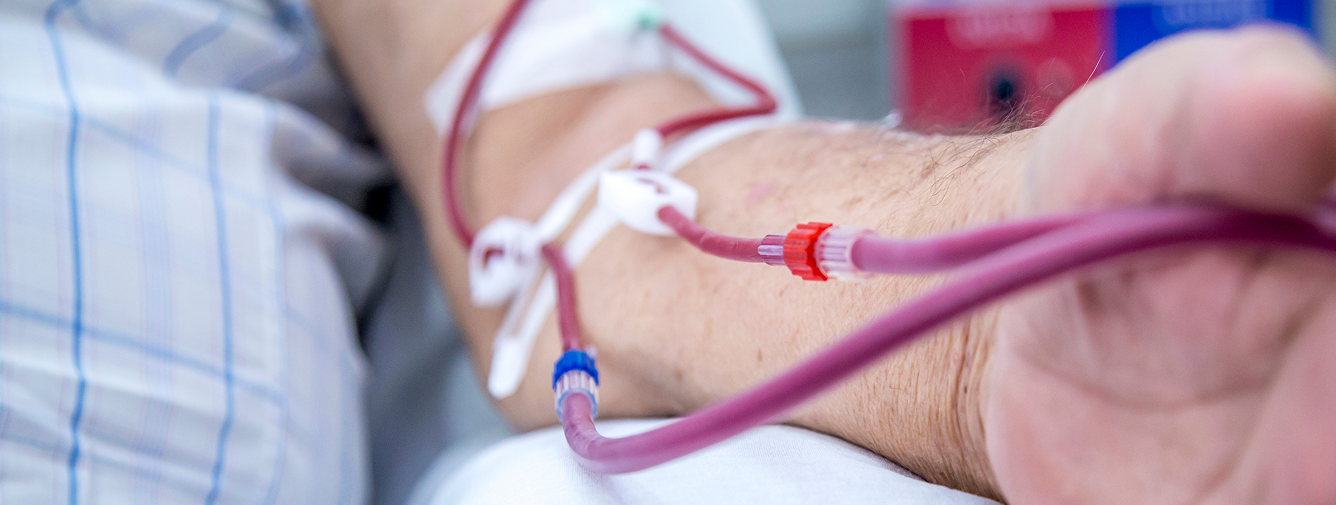From heated seats and blankets to snacks and TVs during treatment, we focus on comfort in every detail. We also offer translation services and educational programs on lifestyle and diet changes. Because improving our patients’ quality of life is at the heart of everything we do.
Our facility was built to be conveniently located for those who reside in the West Texas and Eastern New Mexico region. We maintain a three-to-one nurse-to-patient ratio instead of the usual two-to-one to ensure that our patients receive the highest quality of completely personalized care.

Our Facilities
Dialysis Center of West Texas
Hometown Hospitality During Your Hardest Moments
At Dialysis Services of West Texas, we understand that receiving dialysis treatments is time-consuming for the patient and their family. Here, we do our best to make the entire experience as comfortable as possible.
Dialysis Services

Understanding Dialysis
Frequently Asked Questions
Dialysis is a life-sustaining treatment for individuals with kidney failure. During the procedure, two needles are inserted into the patient's arm. One needle draws blood, which is then pumped through a filter called a dialyzer, or "artificial kidney," to remove toxins, excess fluids, and waste. The purified blood is then returned to the body through the second needle, performing the function that healthy kidneys would normally handle.
Dialysis is necessary for individuals diagnosed with end-stage kidney disease, as their kidneys can no longer effectively filter waste and excess fluids from the blood. The buildup of toxins and fluids can cause severe illness and weakness. Without treatment, it can become life-threatening.
The dialysis procedure itself is not painful. However, the insertion of the needles may cause brief discomfort, similar to having blood drawn.
The duration of dialysis treatment varies based on individual medical needs and is determined by a doctor. On average, a session lasts between 3 to 4 hours.

